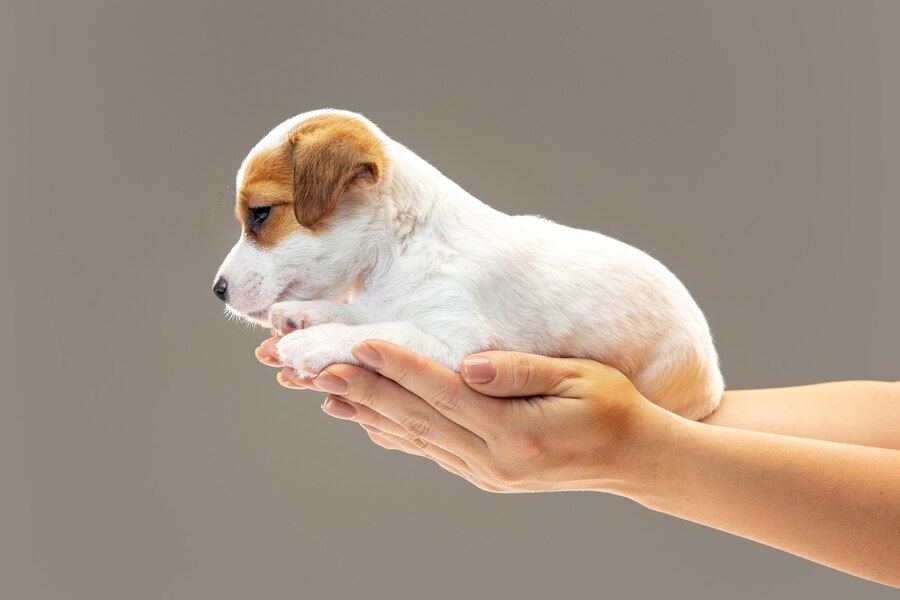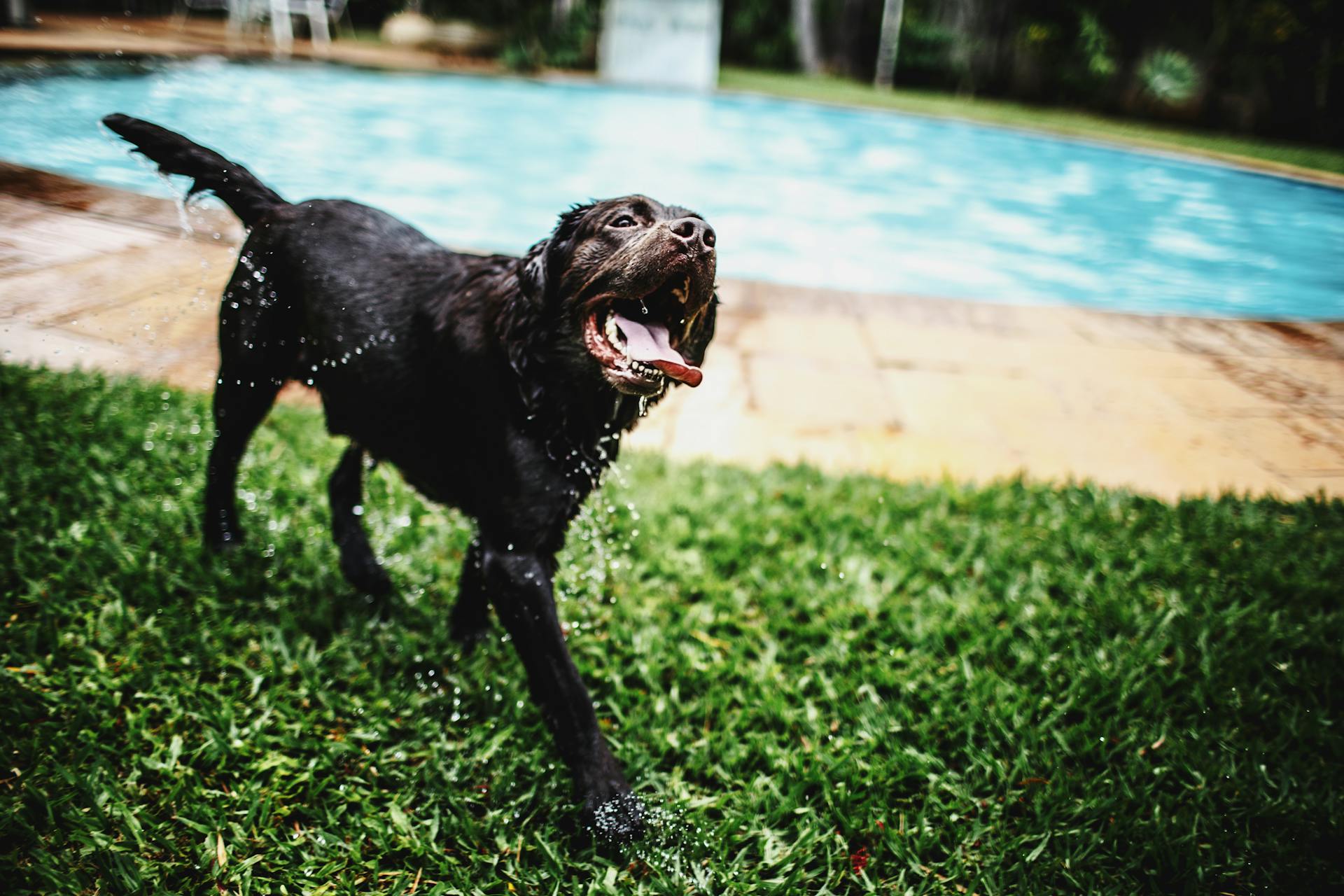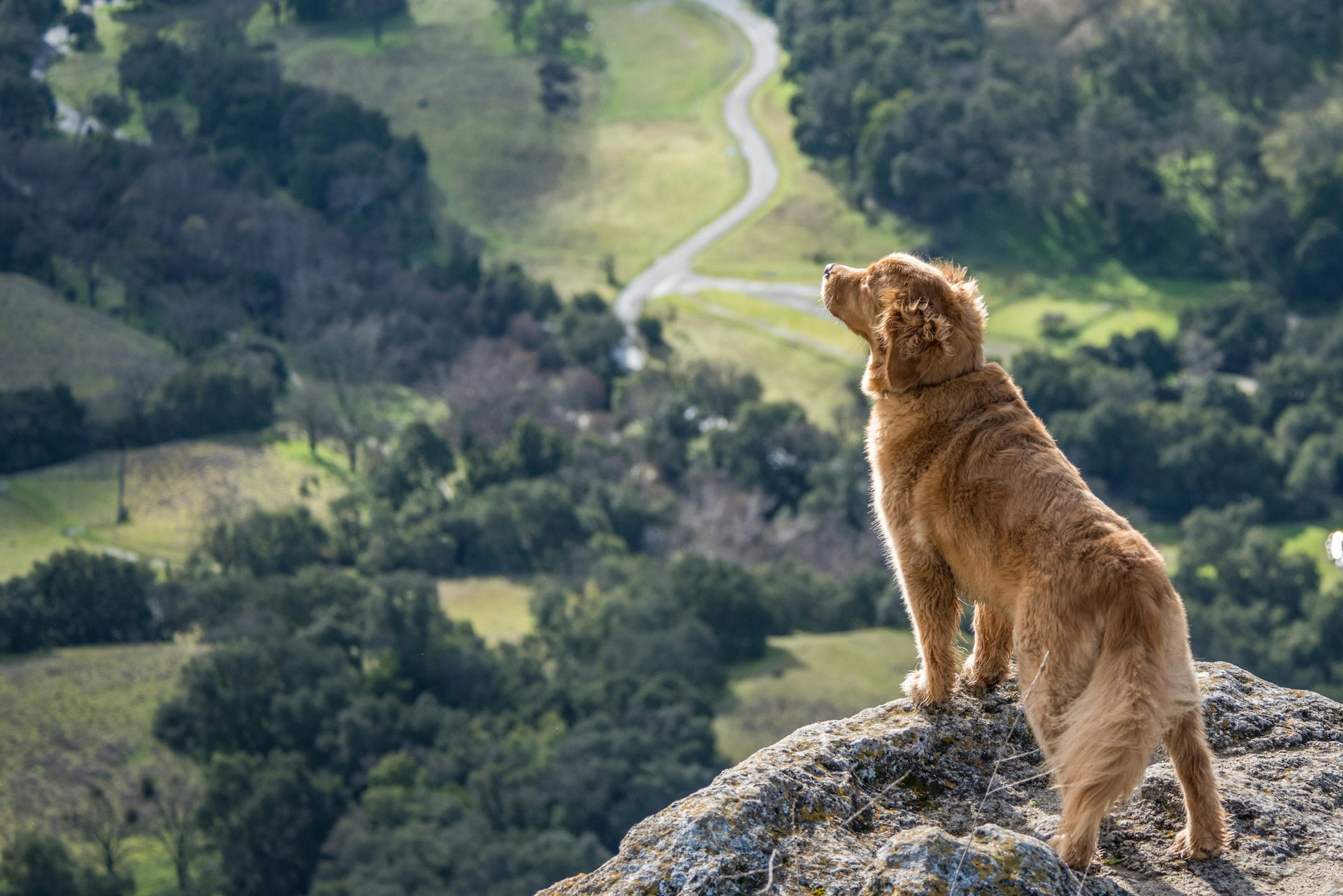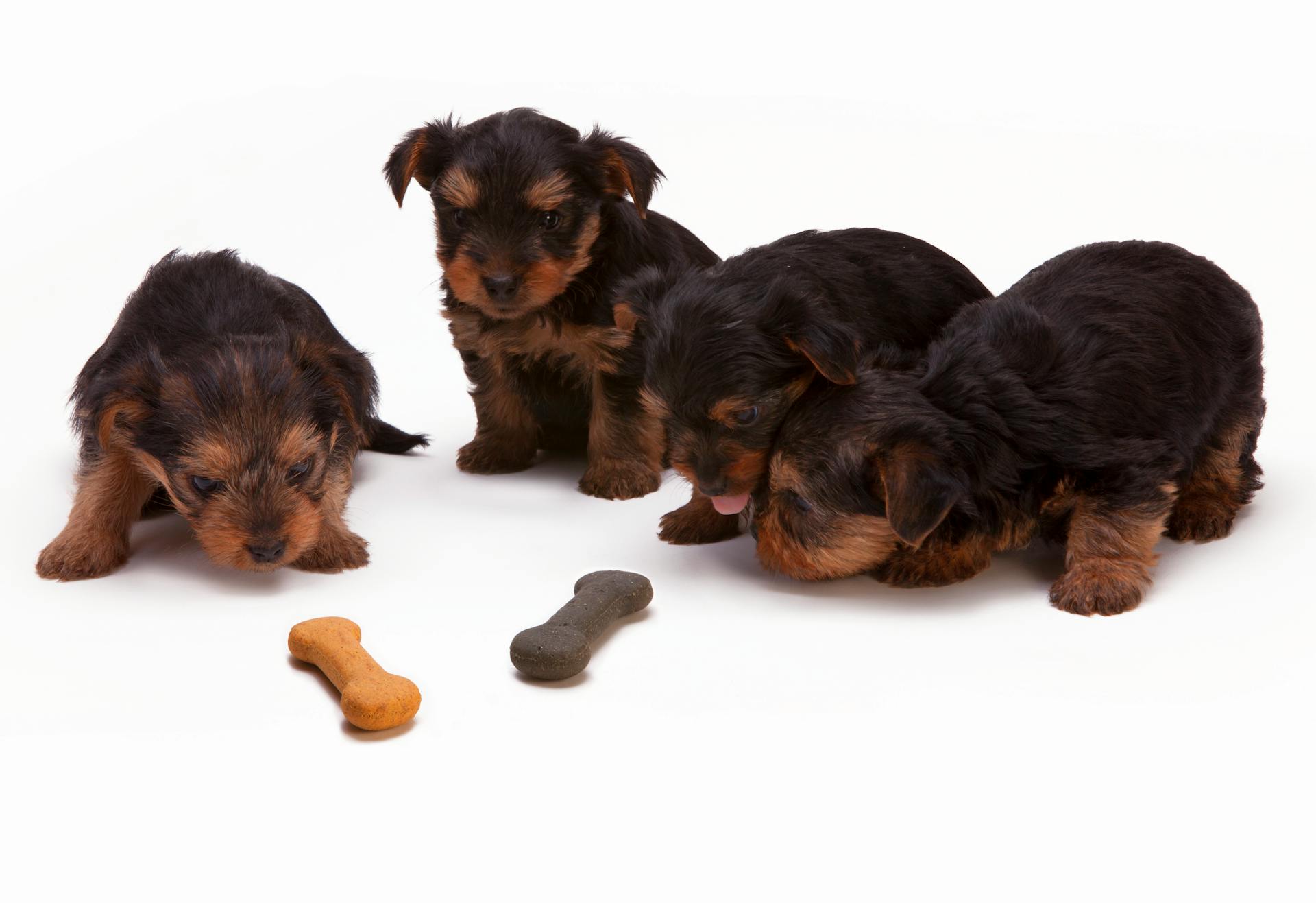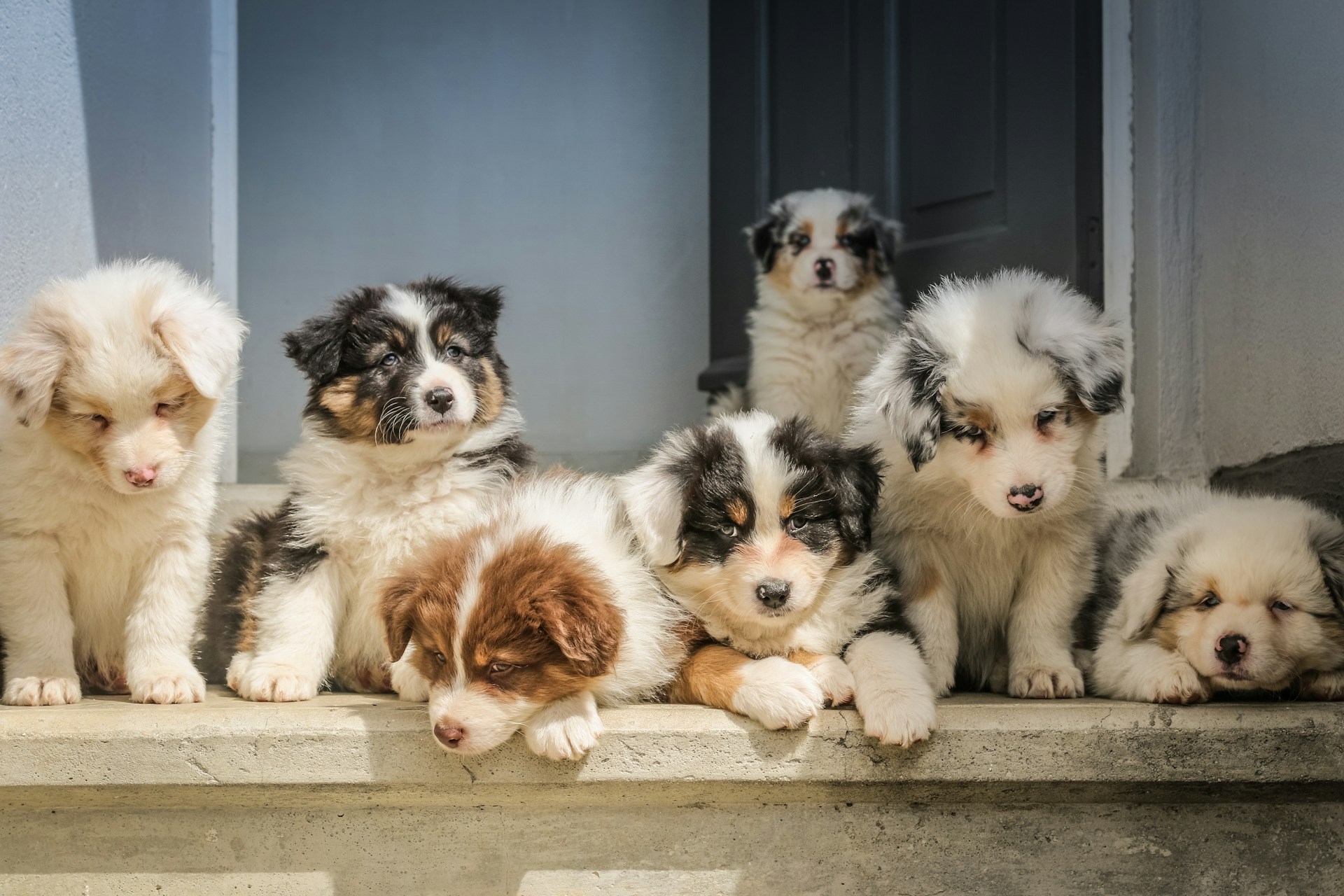Introduction:
Buying or rescuing a puppy for your home is a unique joyful experience, it adds a new form of excitement albeit some nervousness as well. However, once you bring your furry friend and open your abode to them, you will slowly start to find them more close to you than you first imagined, such is the magic of introducing a well behaved animal into your life.The first few moments of having it at home can bring a heartwarming smile to you whenever you reminisce about it down the line, this special moment marks the beginning of a special friendship. But as amazing as these early days are, they bring their own set of unique challenges. This starting time is not only about snuggling and playing; if done right it can lay the foundation for creating a well behaved pet that acts as your friend.
This short yet descriptive guide will take you through the art of raising a puppy, guiding you through every moment. From the moment you bring your companion home to their growth into a well responsive adult. We’ll discover how to establish your home, create routines, and introduce your puppy to the world. You’ll explore the essentials of socializing, training, care, and grooming your puppy.
1: Arrival of your puppy:
The moment your puppy arrives to his new home is a wonderful moment for your family, you will easily find your family jumping around in happiness by its adorable face and small size, however for your furry friend the first moments in your new house can be very stressful and might even cause it get scared. We must remember that this is an animal, and animals have a different way of accepting things than humans. A new location might be exciting for a human but for an animal it can be filled with stress, fear and anxiety. You must ensure that your puppy has enough time to go through the house, make sure that it familiarizes itself with all the nooks and crannies of your house so it can make itself feel at home.
Try your best to not hog at your little canine and just observe its behavior from afar, make sure it doesn’t leave your sights but also try your best to not stop it from exploring. Dedicate a cool airy room for your puppy and make sure to keep a bowl of snacks and water out for it. Ensure that the puppy realizes where its food and water are located so that it registers it immediately. You don’t want your canine friend to roam around the house trying to find water as it can sometimes lead to exhaustion and might negatively affect the health of your furry friend.
2: First few Months:
The first few months of a pup’s life are highly important for developing their mood and personality. Just like a human child, a puppy is highly susceptible during its early age, making it the ideal time to develop good habits and basic training. Early training in its young age helps prevent issues that may develop if left unattended. It also creates a strong link between you and your dog, setting the tone for an entire lifetime of mutual understanding and adoration. Whether it’s responding to basic commands, connecting and talking with other dogs and people, or simply understanding the basic rules of the house it lives in, having a productive first few months is the best way to raise a well-behaved and happy dog.
The first few months can be a storm of cuteness and fun but at the same time it is an essential period for a puppy to accept itself as a part of your home. You must make sure that your new friend is not going through any sort of stress, do not make any dietary changes to its food until and unless if advised by the vet. Try to ensure that your puppy feels comfortable and safe in its new environment, keep a close eye on the temperature as heat might make it susceptible to stroke and too cold of an environment and it might get sick. Consistency and balance are the two words you need to add to your dictionary when addressing the first few months.
3: Helping your Puppy Socialize:
Dogs are social creatures, they revel in the company of other people and other dogs as well. A dog will start to get rowdy and frustrated if it does not spend its energy on outings and trips, to save yourself from scratched up sofas and ruined pillows, it is highly imperative that you regularly take your dog out for regular walks. You must make sure that all their energy is being used in healthy exercises so that they do not become overweight.
Make sure to take some time out of your weekends and take it outside for long walks. Visiting the park and playing with your puppy might help develop an increased bond and elevate the level of mutual respect and love between you and your puppy. Making it roam around with other pet dogs will also help your puppy to gain confidence and reinforce positive habits like listening to its owner. When a dog sees another dog being obedient to its owner, it tries its best to recreate that same feeling of obedience towards you. Having it socialize with other dogs and their owners is a surefire way to make it more well behaved towards you.
4: Basic training:
Now comes the slightly hard part. Before you start training your puppy, you must realize that your pet is an animal and it cannot understand you. You must be extremely patient and try your best to not lash out at the puppy, as aggressive behavior only makes your canine friends more aggressive towards you in return.
The first step towards training your puppy is to establish a strong sense of communication that you and your puppy can understand. The most simple way to do this is to reinforce desirable behavior by giving it treats that it likes, and undesirable behavior by verbal enforcement. Making it understand that a strong use of the word “NO” means that it is doing something it should not be doing and stop immediately.
However if it keeps on repeating behavior that is undesirable, then ignoring it is the best way to make it stop. One must understand that your puppy is basically a small baby and has developed a connection similar to that of a child and parent with you. When it repetitively does something that irks you, it basically means it is trying to get your attention, completely ignoring it during this period will make your dog understand that this is something you dislike, further establishing a strong communicative connection between you and your dog.
5: Maintaining Proper Veterinary Care:
Having a sick puppy at home can easily bring down the morale of the entire house, seeing your canine friend in a tired and sick state can easily make you feel like you’re not caring enough for your puppy. Which is a dreadful thing to feel. To make sure your puppies’ health is looked after you must go to the vet on a bi monthly basis. Ensuring your little furry friend has regular checkups and is in the best condition a dog can be in.
Making sure your puppy has all the required vaccinations and care given to it in its early years can help your puppies immune system to grow. Always listen to vets and their advice regarding young puppies and how to take care of them. A veterinarian’s experience is highly useful and their opinions should be followed to make sure your puppy is getting the healthcare it deserves. Make sure to go through all proper medications and if you’re not one for breeding then you can also neuter your puppy but always with the approval of the vet.
6: Grooming and Maintenance:
Grooming and physical maintenance of your puppy ensure that your puppy looks good and often also affects the physical and mental health of your pet. Making sure your dog’s coat is clean is imperative for its health. Regular brushing of your dog’s hair and coat will make sure that it stays free from tangles and stray hairs that may go into the mouth of you or an infant.
Bathing your dog is also highly important for the maintenance of its hair and its health. A dog spends its entire day playing outside and rolling around in the dirt. Its coat becomes a breeding ground for countless bacteria and diseases and might infect you or your canine friend if you’re not careful. To combat this threat you must give it a bath on a bi monthly basis at least so that it stays clean and chipper. A dirty fur coat can also make the dog feel heavier than usual and get tired more often due to the dust debris weighing up the fur coat. Having regular baths can help your dog feel refreshed and chipper.
Sharp nails will be your worst nightmare if you live with soft couches and expensive furniture, no matter how high quality your furniture might be, in front of a dog’s sharp claws it is no match and will be turned to smithereens in a second. Although dogs that walk on hard pavements naturally erode the sharpness of their nails, if you’re not taking it out for regular walks try to get its nails cut by a professional, don’t do it by yourself as it can damage the dog but instead have a dog groomer come in once a month to blunt down its nails so your furniture can have a long life.
7: Preparing for Adulthood: Changing Needs
As your dog reaches its adult stages, its physical and food requirements will change. It’s important to change their diet to make sure they receive the right nutrients for their size, breed, and energy levels. Changing from puppy pellet food to adult dog biscuits should be done in a gradual but moderate manner to avoid digestive problems. As your dog grows older, its exercise and energy levels will likely increase as they become more active and need more physical and mental stimulation. Consistent exercise, added with interactive plushies and outings, will help manage their energy in a positive manner.
Training doesn’t stop when your puppy becomes an adult. On the contrary, consistent training and reeducation is important for reinforcing good behavior and introducing new tricks and skills the dog can learn. Rules and tricks learned during its childhood should be used and practiced regularly to maintain consistency till they become the dogs second nature. Consider moving towards more complicated commands and playstyles, such as speed training or advanced obedience, to make sure that your dog is engaged and mentally stimulated.
The adolescence of dogs can be a very difficult and challenging ordeal for any dog owner. It is imperative that you keep your dog well managed and well stimulated in order for it to not be a hassle for you. Consistent changing of activities and keeping it well fed is the key to a healthy relationship between your pet and you.
FAQ:
1. My dog doesn’t listen to me. What should I do? :
try to incorporate treats when he listens to you, and if he doesnt listen to you, try to reinforce the idea that you do not appreciate his behavior by telling him no in a dominating tone, afterwards leave him so that he gets the idea that he has done something undesirable.
2. What type of treats should I give my dog while training?
Dog biscuits of a good brand that your dog likes would go well, if your puppy or dog doesn’t like treats like those it’s always good to give them meat or chicken.
3. Where should i take my puppy for walks?
Go to a park near your home or try to make him walk around the curb, dont overdo it especially with puppies as they tire out quickly, just go for short walks so that he doesnt tire himself out.
4. I’m thinking of neutering my puppy, should i do it?
The first thing you need to do is to ask a vet and get their advice on it if it is proper to neuter it at this age, if they say that you should go for it than you can otherwise you can wait out and go for it later when its older and stronger.

